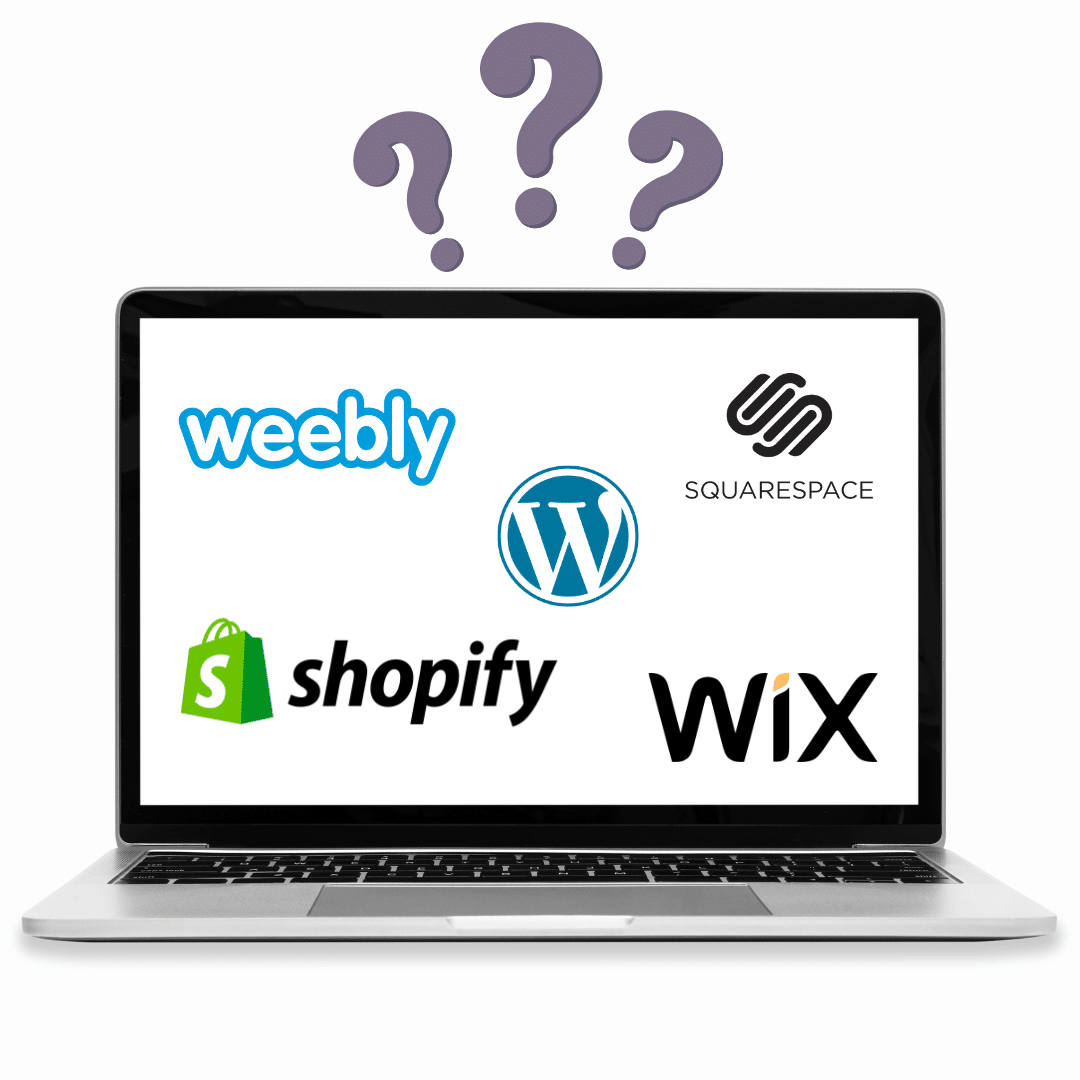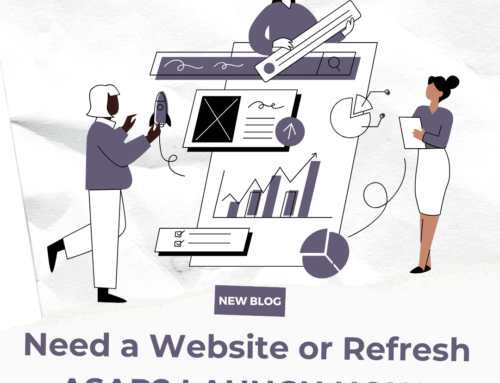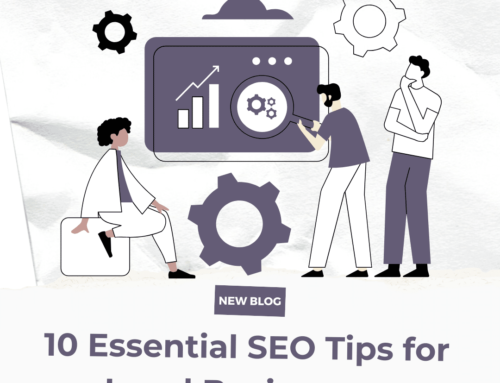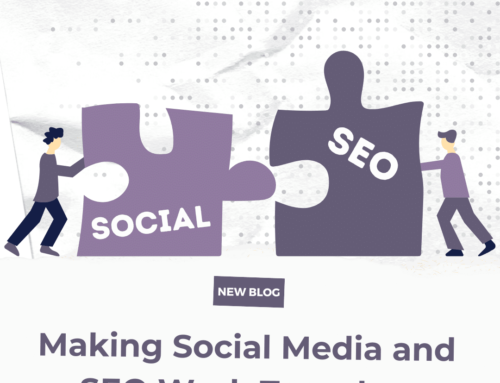Having a robust web presence is more important than it’s ever been before. 15 years ago, if your business had a website, you were ahead of the curve. Today, as the world moves progressively more online and more and more of our everyday lives are handled through websites, apps, and web-connected processes, if your business doesn’t have a website, you aren’t even at the starting line yet.
Thankfully, building a website in 2022 is also easier than it’s ever been before. Gone are the days of having to do hard coding and starting practically from scratch; in today’s online-focused world, a multitude of platforms have cropped up to help even newbies build professional, attractive, and functional websites that serve the needs of their businesses. Here are just a few of the top website-building platforms that can help you get set up easily and efficiently:
WordPress
If you’ve only ever heard of one website building platform before, it’s probably WordPress. What started as a simple blogging platform has aggressively expanded in size and scope to become one of the world’s most popular website builders, with some sources estimating that WordPress underpins over 40% of all websites, including many of the world’s most esteemed companies and organizations.
WordPress has long been a dedicated open-source content management system, meaning it functions using contributions and plug-ins from outside developers to offer as much functionality as possible. This open-source setup is both WordPress’s biggest benefit as well as its most prominent drawback: While having access to countless themes, tools, and plug-ins means that WordPress’s customizability is unmatched, it also means that even the most accessible, easy-to-use tools require a baseline level of experience that not every other platform requires.
If you’re looking to sell products or services on your website, WordPress also owns WooCommerce, an open-source ecommerce platform with deep customizability, built-in payment processing, and a variety of free and paid tiers. Just like the broader WordPress platform, WooCommerce offers powerful functionality for web shops small and large, but the open-source nature can make for a steeper learning curve than some competitors.
If you’re looking to get started with a simple website or build an ecommerce platform as quickly as possible, WordPress may be more than you need. But if you’re creating a truly unique website or have tried other web building platforms and found their functionality and options to be a bit restricted, this popular platform may be exactly what you’re looking for.
Wix
Wix is one of the most-recommended platforms for those who are totally new to building websites and just want to put something together quickly and effectively with minimal fuss or technical knowledge required. With plans ranging from totally free to less than $60/month, Wix is an affordable platform with lots of user-friendly functionality: Wix offers over 800 unique templates–far more than some competitors–and the “drag-and-drop” website building tools make it easy and intuitive for anybody to put together an attractive and functional website with no development experience necessary.
Power users or those looking to build deeply personalized websites may still find Wix’s limitations restrictive–especially at the lower price tiers. For example, Wix’s free plan may be a great way to get a website off the ground, but it does not allow for custom URLs (all free Wix URLs end in “.wix.com”). It also does not grant access to Google Analytics or e-commerce payment options, making Wix’s free tier more suitable for personal or hobby websites than serious business operations. However, if you need to build your web presence from the ground up and don’t have tons of time, money, or experience, Wix can be a true lifesaver.
Weebly
If you’re looking for a website builder with a free option that’s more intuitive than WordPress but less-restrictive than Wix, Weebly may be your go-to. Offering a good suite of tools at the free tier–including e-commerce capability thanks to being owned by payment-processing company Square (not to be confused with Squarespace, which we’ll touch on in a bit)–Weebly makes it easy to start up a business website from scratch while saving monthly costs for other business expenses.
Where Weebly can falter, however, is as a platform with long-term growth potential. While the toolkit is great for a free tier, development and updates to Weebly have lagged behind the competition and make it more difficult to operate a web business that intends to scale upwards. And while taste is subjective, Weebly’s templates and design options are relatively limited and the aesthetics less-modern than some other contemporary alternatives. Having said this, Weebly is a great starting point for small businesses that don’t have much of a budget, but only need basic business functionality in return.
Shopify
A bit of the “odd man out” in this group, Shopify is a dedicated e-commerce platform focused on offering robust options to any business looking to handle sales and transactions online. While Shopify offers a website builder function, it can also be used to create web stores that integrate with your existing website and make it even more functional. The biggest benefit to Shopify is this dedicated approach to e-commerce: With so many tools and apps at your disposal, it’s the best option for those who need a scalable solution that will function just as reliably when handling hundreds of thousands of dollars’ worth of sales as it will while handling mere hundreds.
However, this robust platform can come at a higher price than competitors, especially if you start integrating more apps as you require more different functions. This makes Shopify best suited for those dedicated to building their e-commerce business far and wide. And of course, if you have no need for e-commerce functionality, then you need not bother with Shopify at all.
Squarespace
Squarespace burst on the scene quickly and immediately developed a reputation as the website builder dedicated to style and beauty–Squarespace’s templates are widely considered the most contemporary and attractive of any mainstream website building platform, and the straightforward and intuitive building tools make it hard to make a website that isn’t functional and beautiful. Squarespace isn’t just about aesthetics, though: it’s also a combination website builder and e-commerce platform, offering usable and secure sales tools that allow you to run your business entirely through the Squarespace platform.
In practice, some may find certain aspects of Squarespace’s platform a bit limiting. Large-scale e-commerce businesses may prefer Shopify’s expansive toolkit, small businesses on a tight budget may prefer Weebly’s free option, and those who have a creative spirit and want the chance to mess things up–or take things to the next level–may prefer WordPress’s endless customizability. But for those looking for a great all-rounder that can guarantee one of the best-looking sites on the web, Squarespace is a fantastic option.
While all these sites can provide a great way to get started without much website-building experience, you may find yourself wanting help building your site anyway. Whether you’re a busy entrepreneur who doesn’t have the time to do it yourself or you’re a newcomer who wants the pros to get everything “just right,“ Skol Marketing’s team is here to help. For one-on-one guidance or to discuss how we can help you set up your website for success, please don’t hesitate to contact the local website experts at Skol Marketing.





